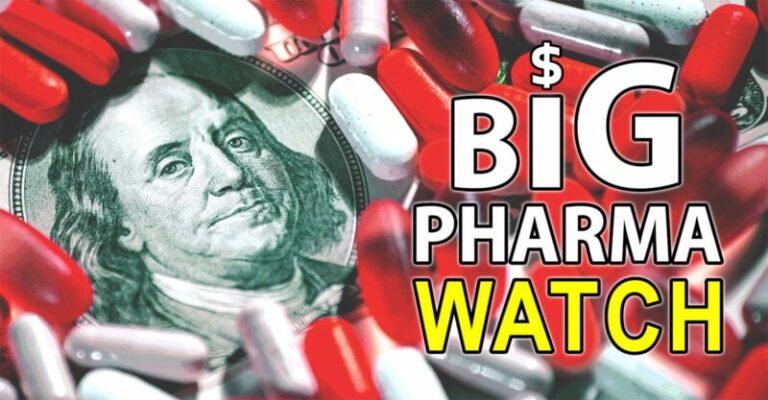They want your GENOME. Europe goes first, in its 1+ Million Genomes project, launched in 2018. This is why the WHO demands each country build a genomics sequencing lab
They want a Brave New World and they want it NOW. Test-tube babies, anyone?

https://digital-strategy.ec.europa.eu/en/policies/1-million-genomes

What are the Signatories trying to achieve?
The Signatory countries have various objectives. Among these, are:
- ensuring that appropriate technical infrastructure is available across the EU, allowing for secure, federated access to genomic data;
- making sure that ethical and legal implications of genomics are clear and taken into account;
- ensuring that the general public and policy makers in Member States and signatory countries are well informed about genomics, in order to ensure its uptake by healthcare systems and integration into personalised healthcare.
The EU as a global player in genomics
We live in an era where genomics becomes increasingly important globally. The European Union’s genomic collaboration and research have to be citizen-focused and patient-friendly. It should make sure that the highest standards are applied for the usage, access and storage of genomic data. 1+MG is one of world’s biggest projects of this kind and contributes chiefly to setting global standards in this domain. The connection to the European Health Data Space will provide an additional boost to the information potential benefitting researchers, healthcare professionals and all citizens, eventually.
The EU wants everyone’s genome, but are starting with 1 million plus European citizens. While it is true that there could be great medical benefits for individuals in terms of ‘personalized medicine’ I can assure you that so far those benefits have failed to materialize, except in rare cases of cancer treatment.
The powers that be want access to your genome and they want to share it (for a fee?) and make money from patenting your genes, if you have any that confer special benefits. Applying the handwaving “highest standards” lingo when we are talking about your most personal possession is another way of saying that privacy is being ignored. They also plan to link your genome to your health records.
I have been saying that the IHR amendments and newest “Bureau Text” of the WHO pandemic treaty both require nations to build genomics labs and perform sequencing. While at first glance it seems they might just want to sequence viruses found in the wild—this EU project tells you what the desire for a world-wide sequencing project is really about.
This could be the ultimate form of control, by capitalizing on genetic weaknesses (as well as patenting strengths), which you probably did not even know you had.
In my book this is as dastardly as it gets.
Naturally the Wellcome Trust has its grubby fingers in this pie, along with Big Pharma. Who do you think this is really going to help? The COVID vaccines should have made clear that governments, big philanthropy (especially Wellcome) and big pharma do not have our best interests at heart. Public-private partnership means spending public money on private goods. Often coupled with a liability waiver. In 2023 it means corruption.

This dataset represents the world’s largest single release of WGS data[2]. When combined with the extensive amount of lifestyle, biochemical, imaging and health outcome data already held for UK Biobank participants, it will enable researchers to better understand the role of genetics for health outcomes and to advance drug discovery and development.
The whole genome sequencing (WGS) of all 500,000 UK Biobank participants is the most ambitious project of its kind ever undertaken. It has been funded through a public-private partnership involving Amgen, AstraZeneca, GlaxoSmithKline (GSK) and Johnson & Johnson[3], alongside Wellcome and UK Research and Innovation (UKRI), and sequencing has been carried out by deCODE Genetics and the Wellcome Sanger Institute[4]. The release of these 200,000 whole genomes today will be followed up by the release of the WGS data for the remaining 300,000 participants in early 2023.
Originally published by Meryl’s COVID Newsletter
Suggest a correction




